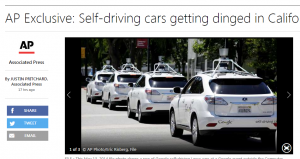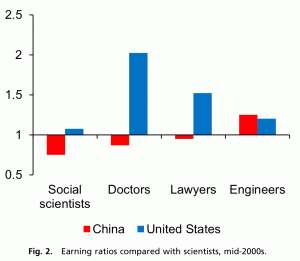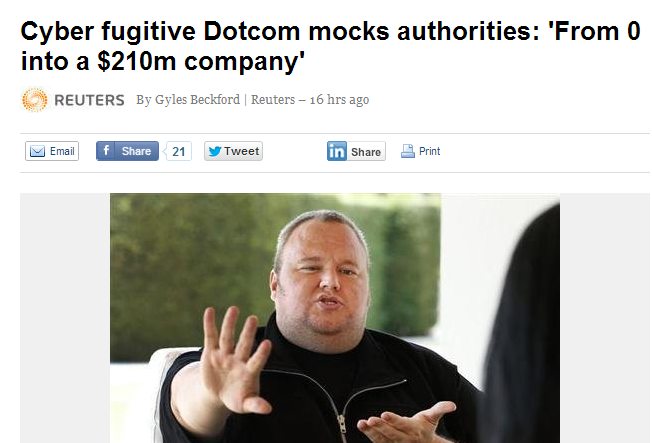I just read an interesting article about the threat a Quantum Computer presents to crypto-currencies. The idea behind a quantum computer is simply that it calculates really fast. When I say really fast, what I mean to say is really, really, fast. Much faster than current computers.
This means a quantum computer can easily bypass even the most sophisticated computer cryptography quite quickly. The article discusses the ability to do this in regards to crypto-currencies which rely on such security to ensure funds remain secure. If a quantum computer can crack any security in seconds, then crypto-currency no longer works.
What I’d like to discuss is much broader. What is the nature of a society in which there is no way to protect your private information?
The Lack of Privacy
A while back I wrote how technology erodes privacy and a quantum computer accelerate this process. However, this is a speculative article not one focusing on technology. What will a society largely without privacy be like? This question appeals to the writer in me. Imagine the Star Trek or Star Wars universe in which privacy does not exist. I imagine writing novels based on a universe of that nature.
Would Captain Kirk be less promiscuous? More? Would Luke and Leia get it on or would their kiss disqualify them from public service?
The big question I ask myself is: will people become less enthusiastic about engaging in behavior society deems inappropriate or more?
A Chaste Society
The first answer is, because everyone doesn’t want their behaviors to be known to their neighbors, people will engage in a chaste life. I won’t get drunk at a party and make a fool of myself because that might later hurt my career. Rather than hide my sexual fetishes, I will simply not engage in them because other people will know about them.
It’s not just sex, drugs, and rock and roll. It’s anything that a peer group might find inappropriate for whatever reason. As a young man would I play Dungeons and Dragons if the cool kids shunned this as nerdy behavior?
How much of myself, yourself, are you willing to deny simply for larger acceptance in the world? I think this is a very real possibility. The fear of being judged will make us more monastic, less willing to indulge in the pleasures of life.
This is, in my opinion, a pretty bleak outcome. A society in which no one engages in behavior deemed inappropriate is dull, stagnant.
The Hedonistic Society
The other potential is people will simply stop caring so much about how others conduct their life, become less willing to cast the first stone. Or any stone at all for that matter. Yeah, I’m a freak, so what, bitch? So are you and I love you anyway, but please don’t bring it into my house! Keep it in your bedroom with eager and consenting partners. See you at the game on Saturday.
How willing is a person to shame another person when their own private behavior is largely public knowledge?
Conclusion
I honestly think most people are unable to deny their nature and a quantum computer world with little privacy will make such behavior more acceptable.
I’ve always found it fascinating often times the figure most loudly decrying a particular behavior actually conducts it themselves on the sly. As an example, I’ve noted those most eager to condemn homosexuality are often denying their own feelings in that regard.
It’s likely some people will go into their little caves and hide their desires from not only the world but themselves.
However, I think it much more likely many people will just do as they please and if anyone tells them it’s wrong, simply ignore that person. It’s likely that people all over the world will become freer to engage in their weirdness because they will find so many peers.
The internet allows people who enjoy the same things to gather and that’s a good thing. Even if I find some of the behavior unappealing at best.
Get your freak on because, if you can’t hide it, the best strategy is to embrace it. What others think, it doesn’t matter.
Tom Liberman








 I happened across two interesting stories today discussing
I happened across two interesting stories today discussing 








